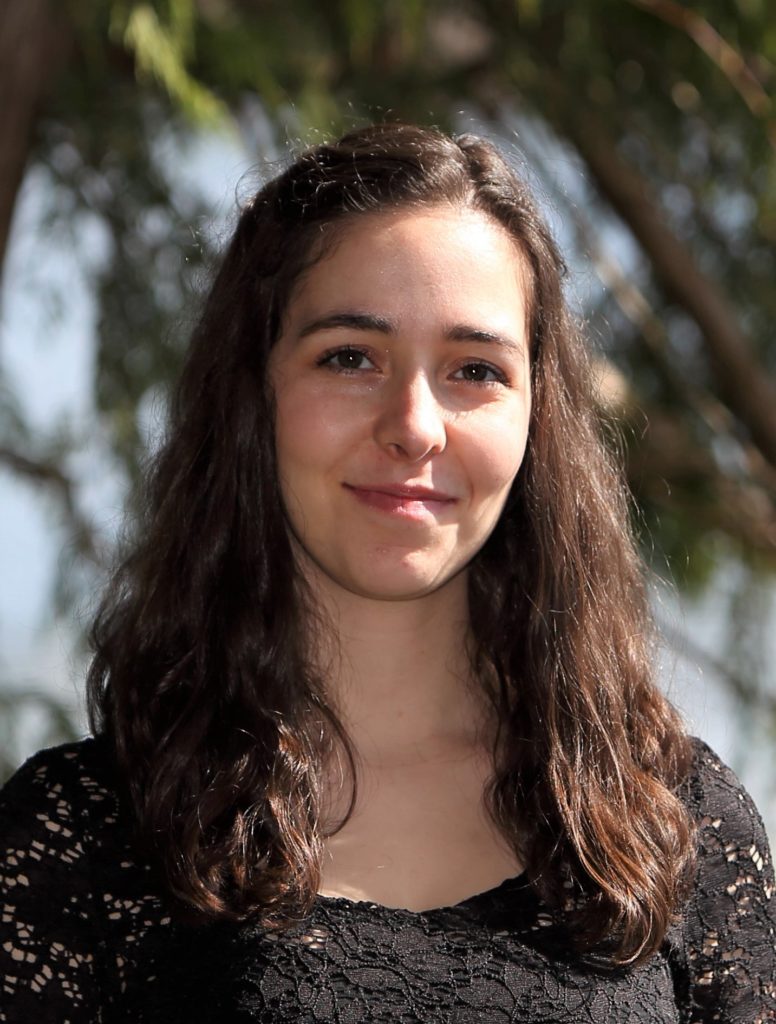At the time of writing this, I have not yet completed my first full year of teaching. However, I have already learned a lot in the first semester. I arrived at my school mid-year and was both nervous and excited. My day consisted of five classes; 7th and 8th grade beginning tenor/bass choir; two 7th grade beginning soprano/alto classes (that would combine during performances); 8th grade intermediate soprano/alto choir; and 9th grade concert choir (SATB). I wanted to make beautiful music, teach students about vocal technique, and develop a strong and positive culture in each class. Little did I realize the impact that the previous sentence would have on my teaching when I stated and thought about my goals in that order.

While at the ACDA national conference in Kansas City I participated in a session entitled Developing Community Through the Choral Rehearsal, led by Randall Bradley of Baylor University. He said something that made me change the way I had been teaching: “Use music to make people instead of people to make music” [emphasis mine]. I realized at that moment that I had been so busy thinking about the technical aspects of choral music and education, I had forgotten why I fell in love with this beautiful and intimate art in the first place, and the real reason I wanted to become a choir director. I realized that I was trying to teach my junior high kids as advanced high school or collegiate students and that was obviously not working. When I returned home after conference, I began consciously treating music more as a tool and stepping out of my “college student mode.” I was reminded that while music is certainly important, so are my kids as human beings. I started doing “Circle Time” with my classes and spent a few moments with my classes asking my students to “Tell Me Something Good” about their day or weekend.
One day, when my 7th grade girls came in upset with each other for something, I asked each student to compliment someone else in the class. We went around the circle and students raised their hands to compliment others. Afterward, the girls were getting along and rehearsal ran more smoothly. A few days later, a student shared some rough things that had been happening at home and started crying. Before I could say anything, another girl raised her hand saying, “Ms. Nelson, can we compliment each other today?” The other girls voiced their agreement and of course I said yes. As they complimented this girl and told her how amazing she was and why (when we compliment, we go beyond appearances), I realized that my 7th graders loved complimenting each other and that brought tears to my eyes. Over the next few days, I realized that each class was coming to thoroughly enjoy complimenting each other when their initial reactions had not been quite as enthusiastic.
Not only do our students need to see that we are human, we need to remember that they are also humans who have a lot going on their lives as well. By taking the time to build relationships during rehearsals, my students and I grew closer as a team and they became excited to be with each other. Our rehearsals became more productive and we ended up performing some tough repertoire at our final concert in June. Sure, there were rough days, but what educator doesn’t have rough days? And how often is it a rough day versus a rough few minutes or a rough class period? The trick is to focus on the positive moments. Allow those moments to propel you forward: To see their eyes light up when they conquer a difficult passage, when a student who walked into class upset leaves with a smile on their face, or when the entire class leaves the room singing and doesn’t stop till they are almost to their next class. These are just a few of the positive moments that I have experienced. Of the many things I have learned in six months of teaching, using music as a tool to build relationships is at the top of the list.
“Use music to make people instead of people to make music.”
Christina Ruth Nelson graduated from Pacific Lutheran University (PLU) in December 2018 with a bachelor of music education degree, with a concentration in secondary choral education. She completed her studies under the direction of Dr. Richard Nance and Dr. Brian Galante and also served as assistant conductor of PLU’s advanced soprano/alto ensemble, University Singers, during her senior year. She completed her student teaching at Graham-Kapowsin High School with Mr. Jason Saunders and has recently finished her first semester of teaching at Stahl Junior High School in Puyallup, WA.
Are you a choral educator who has something to share? You are invited to write a blog post and submit it to us for publishing consideration. Send a draft to .


andrewrodger says
For me, the short-lived snapshots of acknowledgment, motivation. Along these lines, I trust that I can gain from the mix-ups I caused this first year with the goal that I to can keep on taking a stab at magnificence in instructing, and ideally, at some point, become a genuinely good teacher. http://www.essayempire.co.uk/custom-essay-writing-service